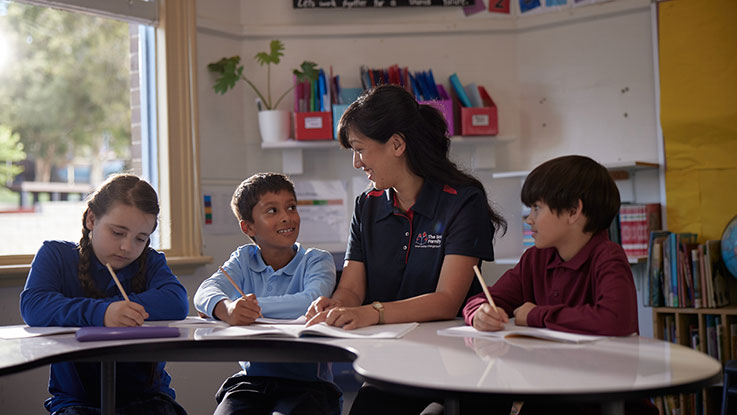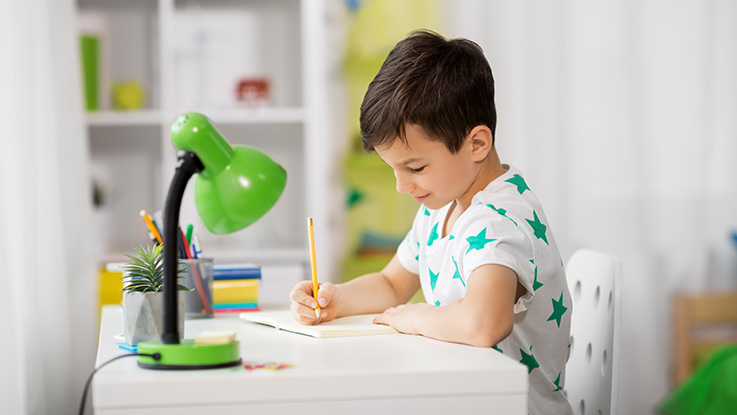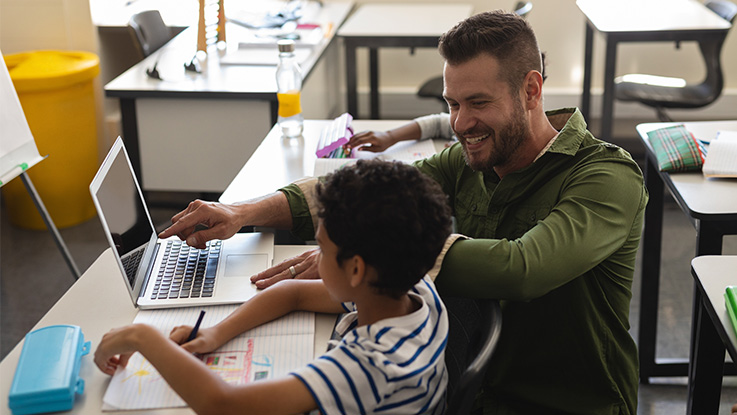What you can do:
- Create a quiet space for reading, drawing, and homework
- Read together every day (even for 10 minutes)
- Use everyday moments to explore numbers and words (e.g. cooking, shopping)
- Play games that use reading, writing, or maths
- Praise effort and progress, not just results





